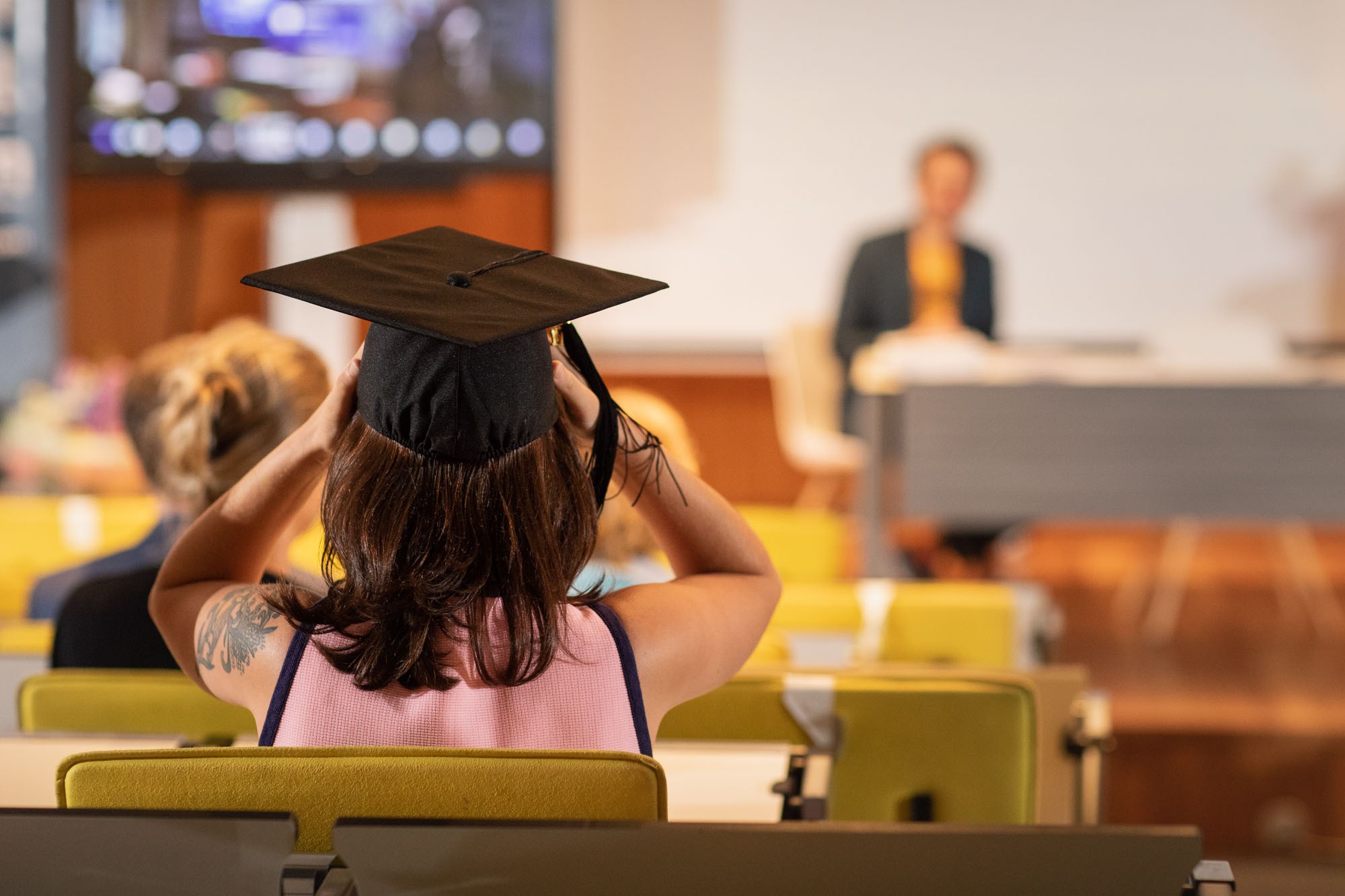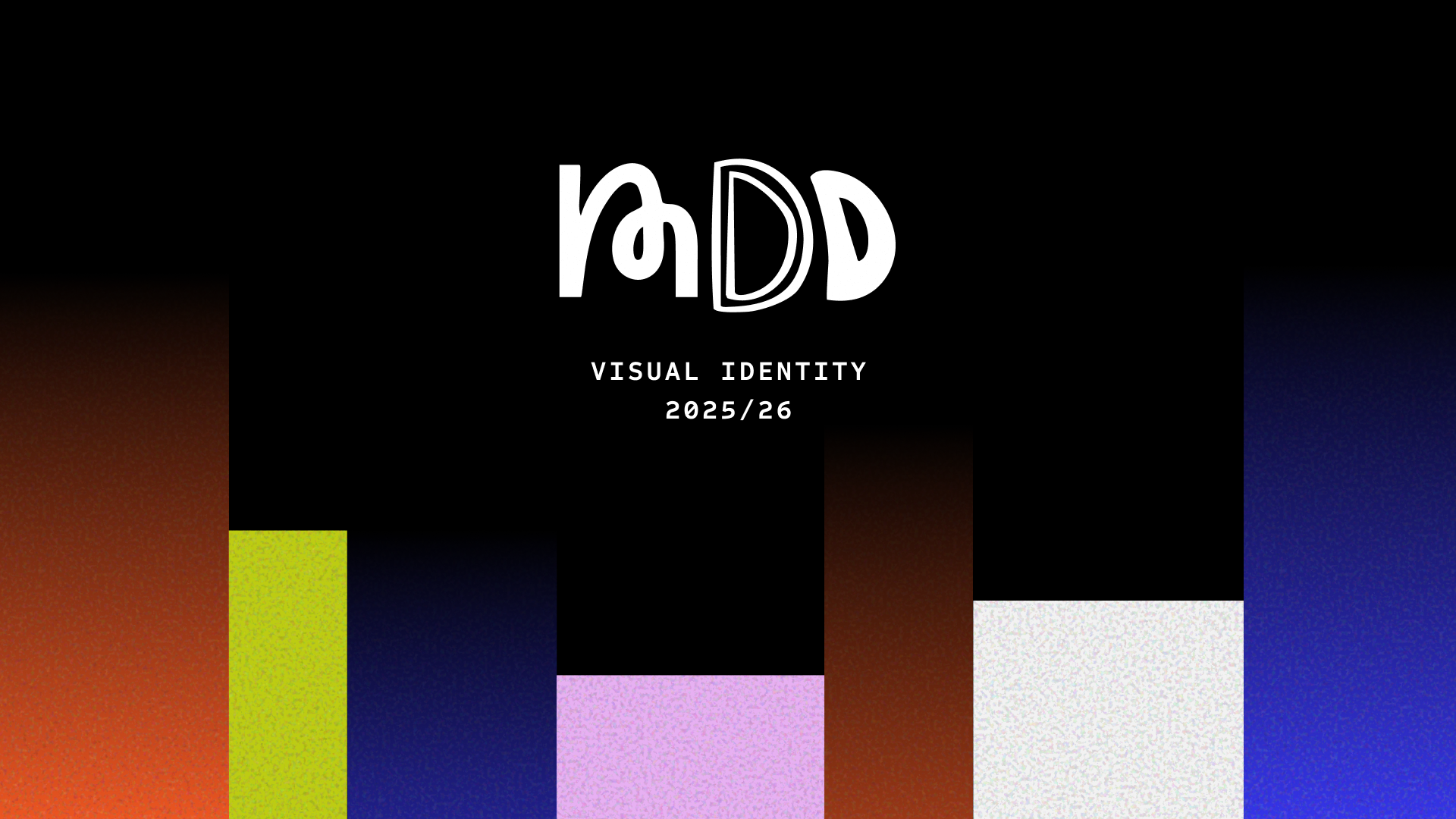Master Digital Design at Dutch Design Week

Five projects from the Master Digital Design will debut at this year’s Dutch Design Week (DDW) in Eindhoven. The works tackle some of today’s most pressing challenges — from supporting the elderly and reshaping healthcare to helping designers make more sustainable digital choices.
All five projects will be exhibited at the Next Nature Museum from 18 to 26 October, marking the first time the Master Digital Design (MDD) participates in the event.
“It’s an honour to present at Dutch Design Week,” says Daniel Klein, who is showcasing two of his (team’s) study projects. “It’s the perfect environment to spark dialogue about mindful technology and the role design can play in restoring balance between humans and their devices.”
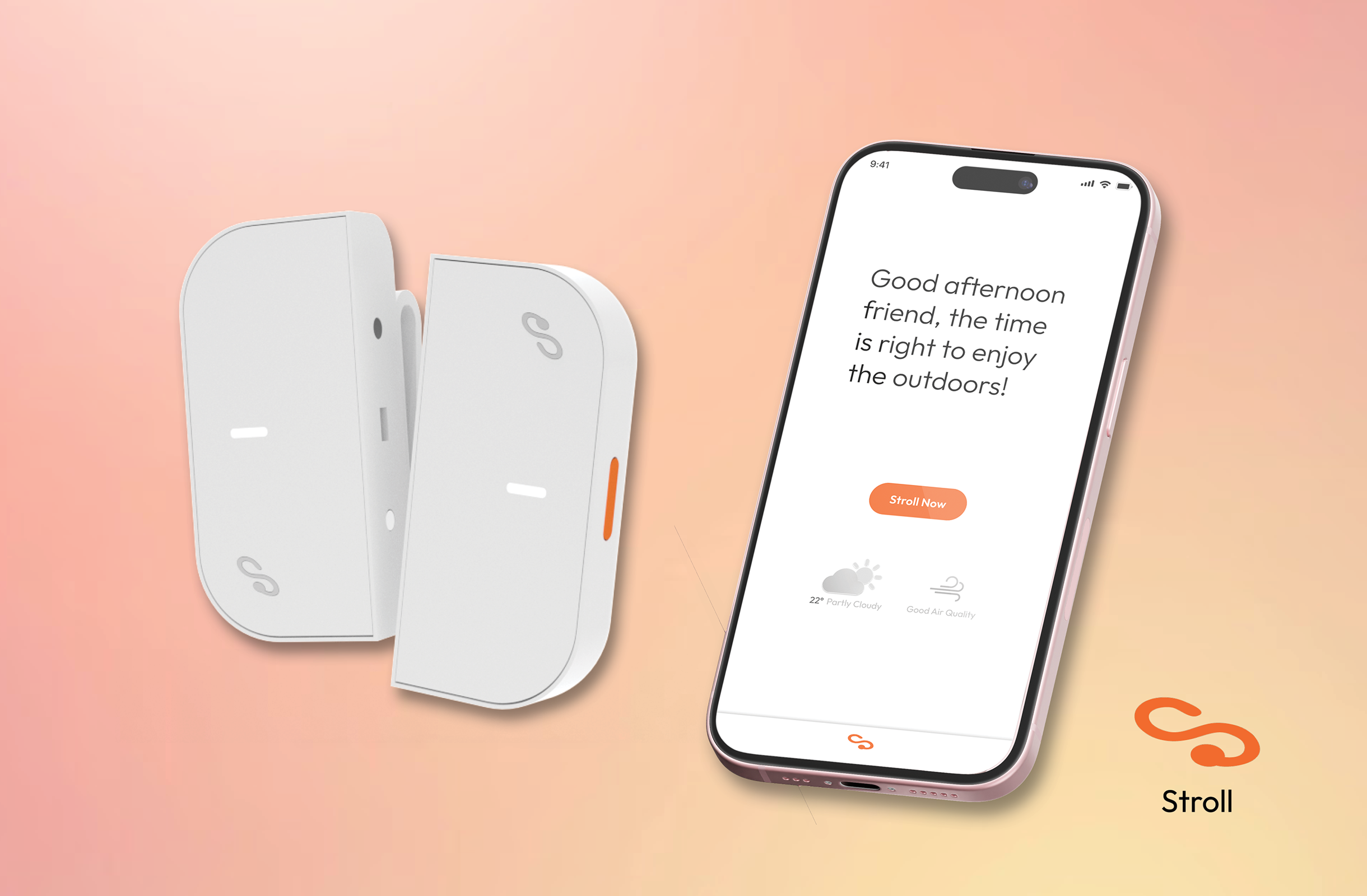
Klein’s first project, Stroll, is a navigation device that encourages people to explore their surroundings without screens. His second, LinkZorg, is a platform that helps create care plans for vulnerable groups. “LinkZorg shows how design can make healthcare systems more humane,” he says. Klein hopes “visitors can see that a small, well-designed intervention can inspire systemic change.”
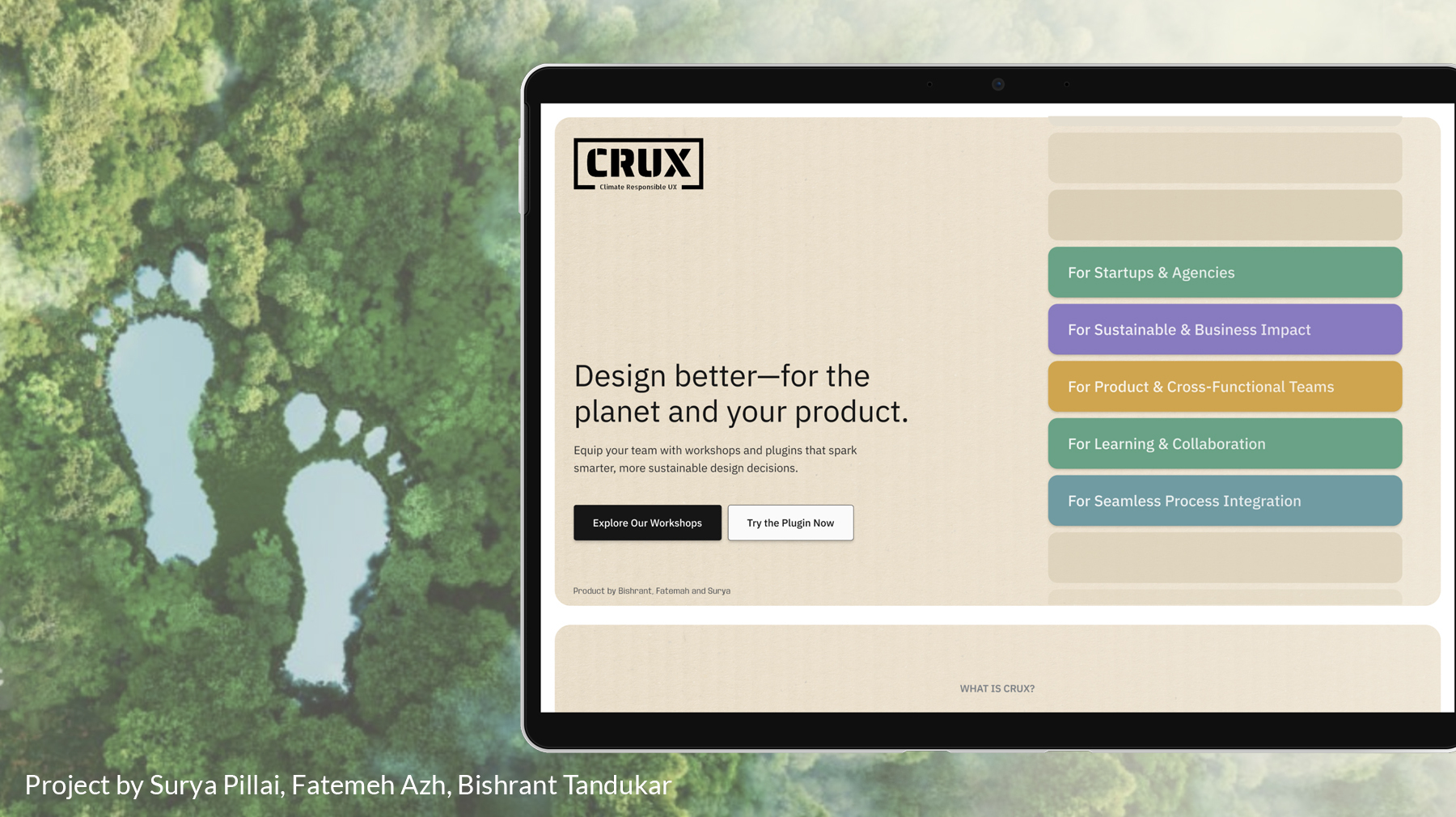
Another project, Crux, introduces a toolkit that guides designers in developing more sustainable digital products. Fatemeh Azh is one of the former students who worked on the project. She describes Dutch Design Week as “a chance to show that UX and digital design also have a footprint and a responsibility.”
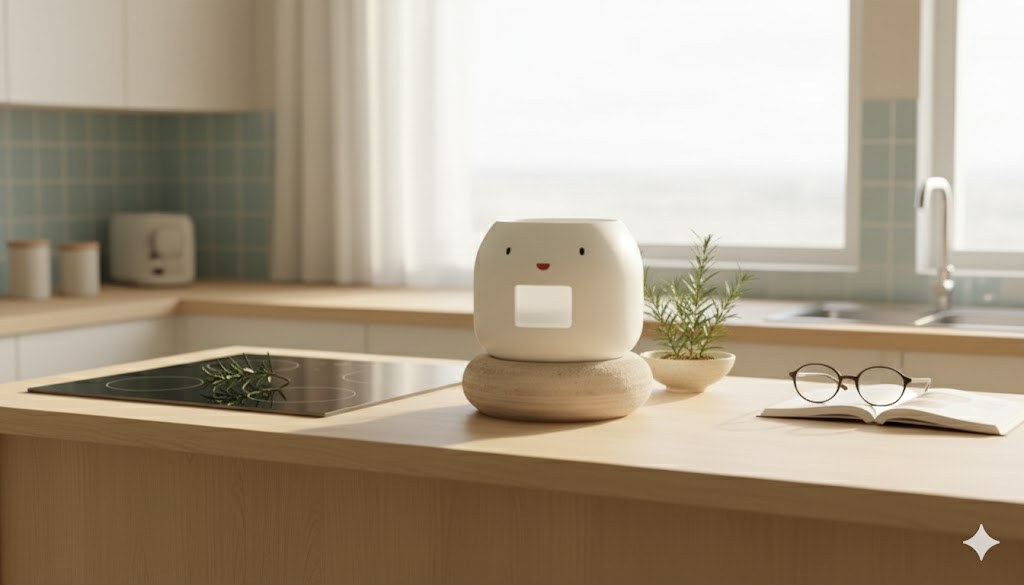
Also featured is Tutu, a soft, AI-powered companion created to assist elderly people stay calm and confident when facing potential phone scams, while supporting their emotional well-being. Team member Mahdis Vahabi explains: “Many of these people face loneliness, stress, and social isolation, which can be made worse by scams and fraudulent phone calls. These calls not only put them at financial risk but also cause confusion, anxiety, and a sense of being unsafe.”

The fifth project, Echo, explores digital legacy through an immersive experience curated by the deceased for their loved ones to share. Geetanjali Khan, one of the students behind Echo, says the project matters “because it reimagines digital legacies by transforming scattered online traces into rituals of remembrance that restore agency.”
After eight years of shaping reflective and responsible designers, this is the first time the Master Digital Design brings its students’ work to a wider audience at Dutch Design Week. The exhibited projects embody the programme’s ethos — combining technology, empathy, and ethical awareness to design for a more sustainable, planet-centred future.
Throughout the year, students are mentored by leading digital agencies, including Clever°Franke, Deloitte Digital, Dentsu, Fabrique, Faraday, Greenberry, Informaat, Just, Momkai, Monks, Tellart, and Well Well Well — strengthening the bridge between education, research, and industry.
